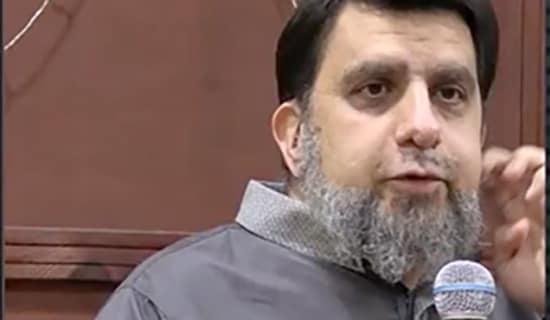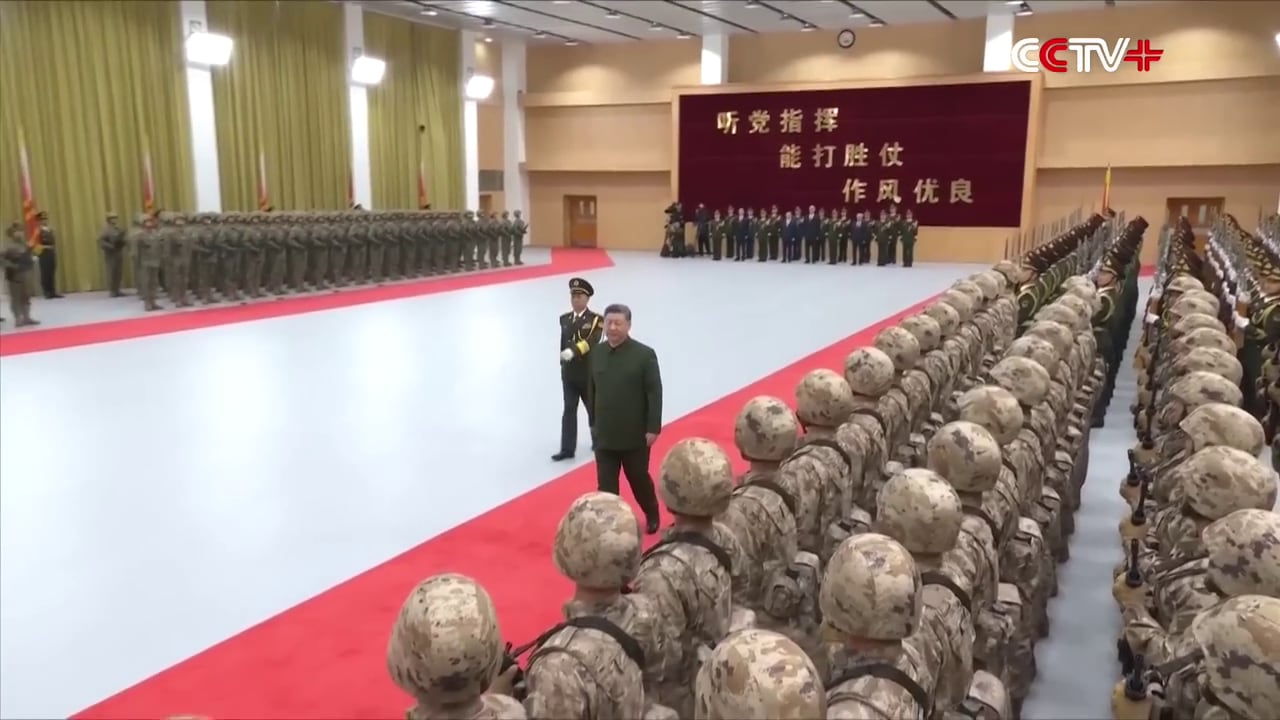
Hizbullah Deputy Leader Naim Qassem defended the recent Hizbullah-Islamic State (ISIS) deal, in which ISIS militants and their families were given free passage to Deir Al-Zor, saying that it was "the best possible deal at the smallest price." He criticized U.S. airstrikes against an ISIS convoy, asking: "Why are the Americans using the civilians as human shields?" and adding that they are no different in this respect from ISIS. The interview aired by Russia Today TV on September 6.
Naim Qassem: "America has failed in Syria. It chose to depose President Al-Assad and to change the regime in Syria. When it failed, and on various levels – in its military efforts, in its support of the opposition, and in its regional cooperation with Arab countries that want change in Syria for the sake of Israel – America turned to a new policy, which does not directly confront President Al-Assad. This is because they were incapable [of deposing Al-Assad]. They know that ISIS – which they supported – opposes them just like it opposes the Syrians.
"How could America possibly support a faction that does not heed its commands, and does not accomplish its goals? Therefore, when President Trump turned his focus to ISIS, he did not do so out of support for President Al-Assad. He was trying to resolve his own problem. He wants to overcome the global crisis of the ISIS beast, which they had nurtured and had tried to use, until it turned against them. I do not think that America has any other choice.
[...]
"Israel plays a major role in the destruction of Syria. It is an important supporter of the armed opposition, especially in south Syria – in the Daraa area – near the occupied Golan Heights. The United Nations has documented and proven that over 3,000 fighters have been treated in Israeli hospitals. It has monitored hundreds of movements on the border between Syria and occupied Palestine, in which aid and supplies were transferred, in addition to some weapons.
"In addition, the Israeli airforce launched several strikes against the Syrian army and its supporters in the region. So Israel wants to change Syria, and it is a party to the plan for the transformation of Syria's affiliation. But it has failed, just like the entire axis in which it fights has failed. So when the U.S. and Russia recently reached the de-escalation agreement in south Syria, Israel went berserk, because some of its demands to distance Hizbullah and Iran from that area were not met.
[...]
"Israel is an occupier, and an occupier has no right to talk about his right to defend the land it occupies.
[...]
"What happened in Jaroud Arsal, Al-Qalamoun, and Al-Qaa was a blow first and foremost to the infrastructure of Jabhat Al-Nusra and secondly, to that of ISIS, to the point that they were unable to continue to fight. So they surrendered, and we, along with the state of Lebanon, had an interest in negotiating about the way in which they would surrender, because eight Lebanese soldiers were missing in action, and we did not know whether they were alive or were martyrs. So we had to retrieve them, and this was an opportunity that might not recur.
[...]
"Therefore, we believe that we have benefited greatly [from the deal with ISIS]. We found out what happened to the Lebanese soldiers, and the places where these martyrs had been buried were indicated. We also benefited from the fact that the battle was over, and those [ISIS fighters] left without any further sacrifices [on our part]. If the battle had continued and we had besieged them, we would have had additional martyrs. Third, we retrieved the bodies of some martyrs from Al-Qalamoun and elsewhere. ISIS still holds one POW, who should be released as part of the deal.
"So the deal we reached was the best possible deal at the smallest price. At the end of the day, ISIS is gone from the area of the Syria-Lebanese border. As for their transfer to Al-Bukamal, it was coordinated with the Syrian government. The addition of several hundreds of fighters – some 300 – to Al-Bukamal, where there are already thousands of fighters, did not make any significant difference, especially since these people are exhausted and frustrated, and we know that the next battle will be a fierce one for the militants in that area. So it's not that we exacerbated a problem in another area.
[...]
"We are criticizing the U.S. for its aggression against the civilians [in the ISIS convoy] because the Americans want to thwart a deal that can save a Hizbullah POW, and restore these civilian [ISIS family members] to their folks in Al-Bukamal. The question is: Why is American interfering in this way? Why are the Americans using the civilians as human shields? What is the difference between the Americans and ISIS, which also uses civilians as human shields? There is no justification for [bombing the convoy].
[...]
"We have no objection to the Lebanese army getting aid and weapons from any source whatsoever, with the exception of Israel. Therefore, we have never said anything negative about the Lebanese army getting American arms. On the contrary, we encourage the Lebanese army to acquire arms from Russia, from Iran, and from all the countries, in order to gain strength. As long as these weapons do not come with conditions, we support the strengthening of the Lebanese army, even if it means acquiring weapons from America.
[...]
"We consider America to be the largest terror-sponsoring state in the world. Therefore, it is we who do not coordinate with America, not the other way around. We do not agree to coordinate with them, and they do not agree to coordinate with us. America supports Israel and the destruction of Syria and the region. We are on the opposite side. We support the resistance. We support the liberation of Syria from the aggression. We support the cooperation with Russia, in order to bolster the region's ability to confront the American plan. So we are in opposite sides and cannot cooperate with one another."












